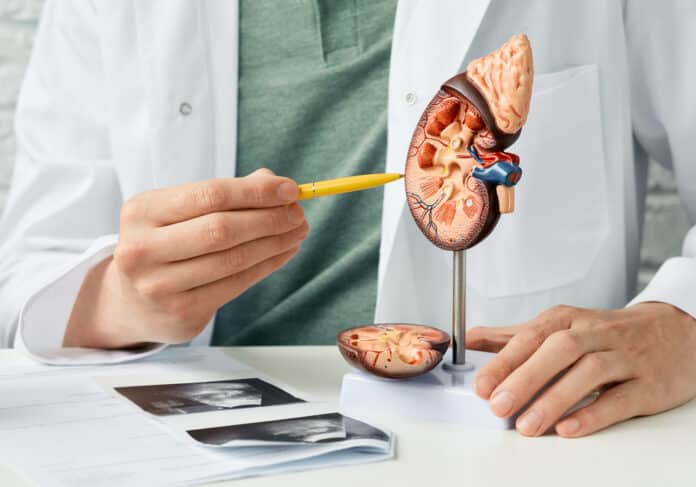
Urine with an abnormally high composition of minerals and other substances, such as oxalate, calcium, and uric acid, can form crystals that eventually cause kidney stones. Sharp pain below the rib, in the side and back, lower abdomen, and groin are some of its symptoms. These pains come in waves and also fluctuate in intensity. In this article, we will be discussing factors that cause kidney stones. Some of them are surprising.
What Are Kidney Stones?
Kidney stones, or Urolithiasis or Renal Calculi, are hard deposits from minerals and salts inside your kidney. Kidney stones can cause problems to any part of your kidney and bladder. These stones often form when urine becomes too potent, allowing minerals to harden and stick together. Kidney stones have been said to have no single or definite cause, but certain factors can increase your risk of developing them. Also, knowing the type of stone you have can help you determine its cause.
Factors That Cause Kidney Stones
1. Dehydration.
You should drink enough water daily. When you don’t drink enough water, you increase the risk of developing kidney stones. And if you are the type that sweats a lot or lives in hot and dry climates, you have a higher risk of developing stones than those who don’t.
2. Family History.
Studies show that if any family member has had kidney stones before, you are also likely to develop it too. Also, if you have had it previously, there is another chance you might get it again. Just because you had it before doesn’t mean you cannot develop it again. Instead, you have an increased risk of developing another.
3. Certain Diets.
Overeating protein, sodium (or salt), and sugar can increase your risk of developing some types of stones. This is especially true for salt; when you overeat salt, you increase the amount of calcium your kidney needs to filter, which can raise the risk of kidney stones.
4. Medical Condition.
Research shows that some medical conditions like cystinoria, hyperparathyroidism, renal tubular acidosis, and other urinary tract infections can also increase your risk of developing kidney stones.
5. Surgery and Diseases.
Digestive diseases like chronic diarrhea, inflammatory bowel disease, and surgeries like gastric bypass surgery may cause changes in your digestive process, affecting your absorption of water and calcium. When this happens, there is an increase in the amount of stone-forming substances
in your urine.
6. Medications and Supplements.
Study shows that when some medications and Supplements like vitamin C, laxatives (when taken in excess), and dietary supplements are used to treat depression and migraines, the risk of developing kidney stones is increased.
7. Obesity.
According to studies, having a high body mass index (BMI) and weight gain can increase the risk of developing kidney stones.


















